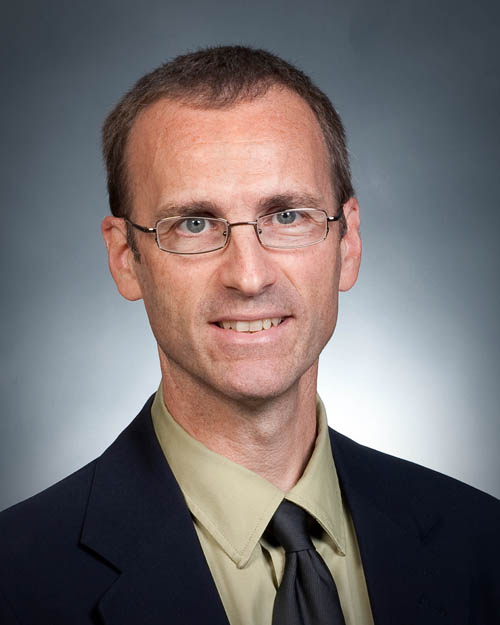On Tuesday, Feb. 25, Christopher DellaCorte, NASA’s Senior Technologist for Tribology and Rotating Machinery, will present a public seminar on space tribology. The seminar will take place in the Mechanical Engineering building, room 212 at 5:30 p.m. DellaCorte will also present a more technically oriented seminar for the mechanical engineering Graduate Seminar class on Feb. 26 at 12:55 p.m.
Tribology is the study of friction, lubrication and wear. In this seminar, DellaCorte will review the basics of space mechanism tribology and the challenges of providing good lubrication and long-life in the harsh space environment. He will also discuss recent tribological challenges associated with equipment on the International Space Station, such as the bearings used to point the solar panels and the life support hardware.
The ISS provides a unique micro-gravity laboratory environment for research. The ISS also serves as an effective platform for the development of technologies and engineered solutions related to living and working in space. The space environment challenges our capabilities related to lubrication and tribology, because machinery and equipment on the space station must operate under conditions that are literally out of this world. Each tribology challenge is unique and the solutions often lead to new technologies that benefit the tribology community everywhere, even back on Earth.
DellaCorte has worked at the NASA’s Glenn Research Center in Cleveland, Ohio since 1985. Over his career he has worked on a variety of interesting tribological challenges, including the Space Shuttle Main Engine turbopump bearings, high temperature solid lubricants and foil air bearings for oil-free turbochargers, aircraft turbines, and space power plants. In 2008 he worked on the team that determined the root cause for the failure of the Solar Alpha Rotary Joint. More recently, he’s been addressing other tribological problems on the space station and Mars Science Laboratory (also known as the Curiosity Rover). DellaCorte is also developing the next generation ball-bearing materials using hard but super-elastic nickel-titanium alloys. Dellacorte is the founding editor for the journal Tribology and Lubrication Technology and a fellow and board member of the Society of Tribologists and Lubrication Engineers.
Contacts
Camilla Medders, Director of Communications
College of Engineering
479-422-6571,
